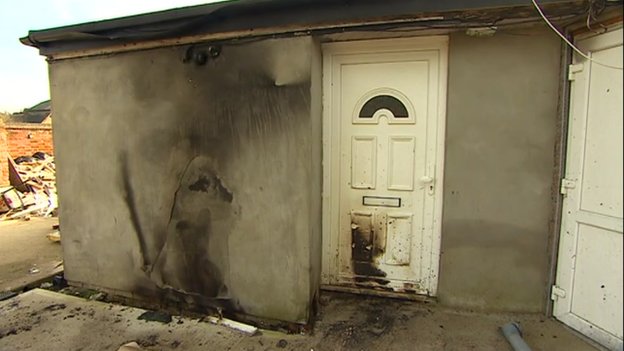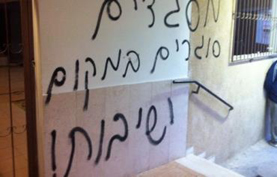 Anti-Muslim hate speech on the Internet is commonplace and can motivate some people to commit acts of violence against Muslims, according to a report released Tuesday (May 6) by Muslim Advocates, a legal and advocacy group in San Francisco.
Anti-Muslim hate speech on the Internet is commonplace and can motivate some people to commit acts of violence against Muslims, according to a report released Tuesday (May 6) by Muslim Advocates, a legal and advocacy group in San Francisco.
“When you have threatening comments online and they go unchecked, people start thinking it’s acceptable,” said Madihha Ahussain, an attorney and the report’s lead author. “And it doesn’t take long to figure out that what becomes acceptable online becomes acceptable in the real world.”
The report contains examples of hate speech and how it can lead to violence, as well as how victims of online hate speech can report it and counter it. The report aims to help educate parents, students, youth, community leaders, Internet companies and policymakers on how to counter online hate speech.
Ahussain said that anti-Muslim websites give like-minded people a place to gather and at the same time win new supporters through their posts. As an example, Ahussain cited the Facebook page of anti-Muslim blogger Pamela Geller, which she said grew from roughly 19,000 followers in July 2013 to some 78,000 people as of late April.

 Pavlo Lapshyn was jailed for a minimum of 40 years in 2013 after mounting his campaign of terror across the West Midlands.
Pavlo Lapshyn was jailed for a minimum of 40 years in 2013 after mounting his campaign of terror across the West Midlands. A footballer jailed for
A footballer jailed for  A 30-year-old man from Bletchley has been jailed for four years after he started a fire at the mosque on Manor Road, Bletchley.
A 30-year-old man from Bletchley has been jailed for four years after he started a fire at the mosque on Manor Road, Bletchley. Two football fans – one a council worker who used to work with disabled children – have been fined after being convicted of tearing up pages of the Koran during a Birmingham City match.
Two football fans – one a council worker who used to work with disabled children – have been fined after being convicted of tearing up pages of the Koran during a Birmingham City match. A Nazi sympathiser who plotted to blow up mosques and Islamic centres has been jailed for 10 years.
A Nazi sympathiser who plotted to blow up mosques and Islamic centres has been jailed for 10 years. Anger gripped Fureidis, near Zichron Ya’acov, on Tuesday, after unidentified vandals sprayed graffiti on a mosque and slashed dozens of tires the previous night, in a suspected “price tag” attack.
Anger gripped Fureidis, near Zichron Ya’acov, on Tuesday, after unidentified vandals sprayed graffiti on a mosque and slashed dozens of tires the previous night, in a suspected “price tag” attack.